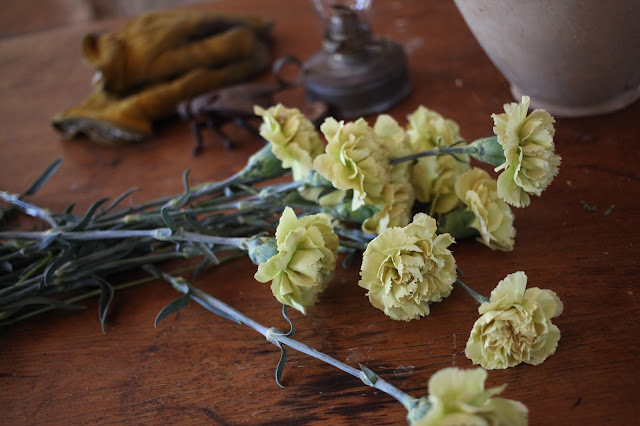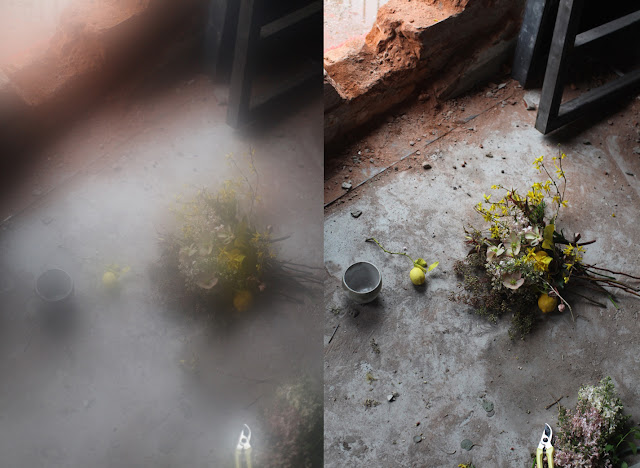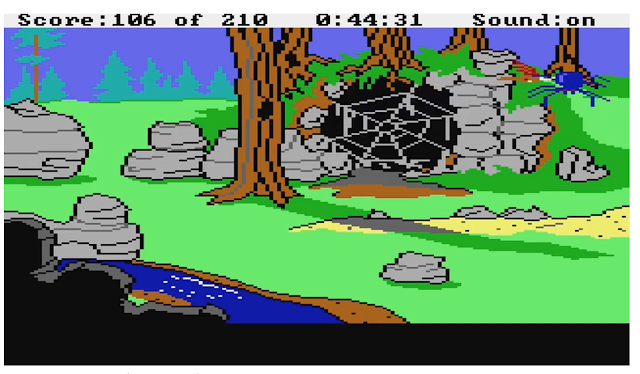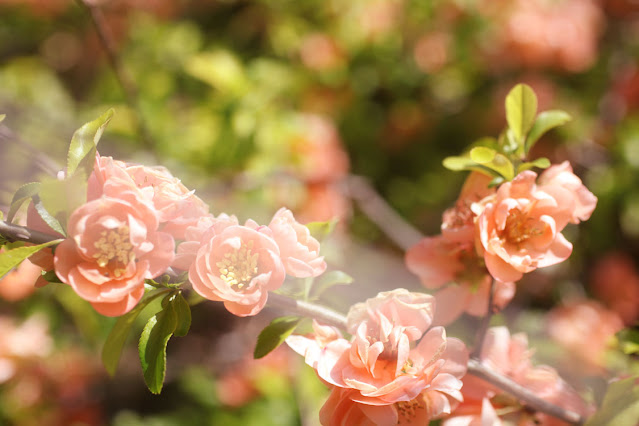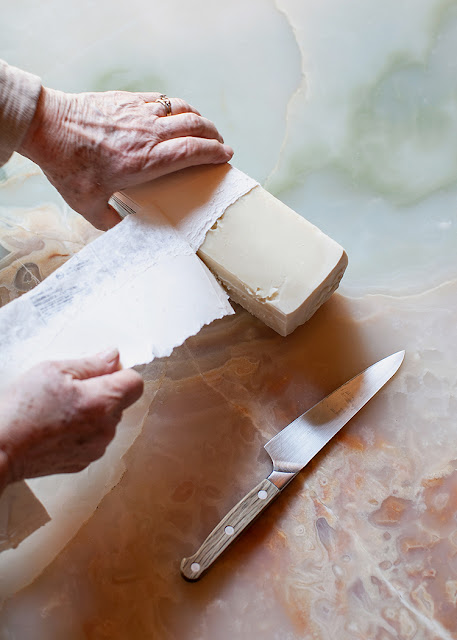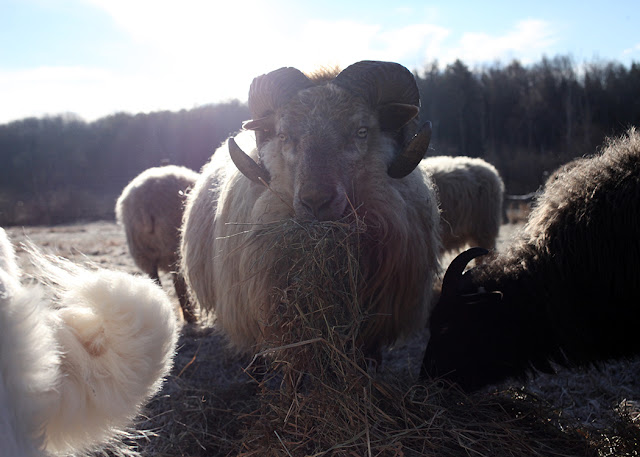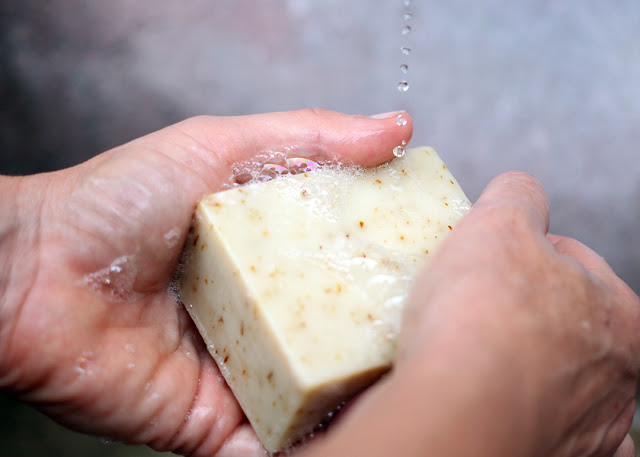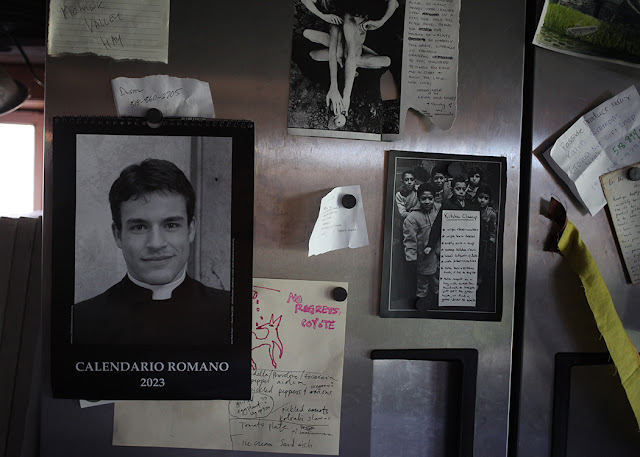I read a book about perfection; If you struggle with perfectionist thinking, I recommend a brief perusal of the audio version - once I got past the gauzy self-help lingo that pervades the genre of self-betterment, I gained some insightful perspectives.
Perfectionist thinking is commonly attached to an individual’s deep investment in ideals - and perfectionists strive to make reality match these ideals. (Spoiler alert, they never do.) I imagine everyone has their own unique brand of this, for example, I really get off on ‘perfecting the imperfect,’ and idealizing experiences.
Professionally I see this in my floral work (I’m almost never satisfied with arrangements or events I work on) or in my work on the farm (preoccupied with details of visitor experience). The most insidious version of this ideal-seeking tendency creeps into casual experiences in my personal life; my pre-conceived notion of a dinner alone, the imagined details of a romantic afternoon off with my boyfriend, etc. I live in a shroud of disappointment! A familiar disappointment that comforts me even before the experience fails to live up to the ideal! The book’s recommendation: don’t attempt to eradicate your gift of perfectionism, utilize it to make great things in the world - but also maybe live in the moment and be present, why don’t you?
Perhaps more interesting to me is the conversation around perfectionism in a larger socio-cultural arena. Why do we seek perfection, and more importanatly, whose standards of perfection are we working with? Are you having the perfect perimenopausal experience? Have you perfected your morning routine? Are you perfectly nailing the imperfect laissez-faire parenting vibe?
Perfection starts with standards defined by the cultures we participate in. These cultures are many concentric circles - the largest being something akin to ‘western culture’ which gives us fun stuff like heteronormativity (one of my favorite hate reads) and the conception of universal human rights (one of the biggest myths of the west). The smallest cultures are the ones we create in our tight kin circles ( I refuse to say families here because of the way the word ‘family’ is twisted and weaponized these days.)
Culture is a tool used to conform; its purpose is to rally people around common values and keep us aligned. Without culture there would be chaos - any small business owner with employees knows the importance and mysterious power company-culture has. Everyone aligned around a set of values. Sounds like a cult!
The aesthetics of modernity and wealth tend to deplete texture, flatten the natural world, and replaces it with stainless steel, germ-free impervious stone surfaces, ‘optimized’ health and diet, the eerie Tribeca Pediatric locations that are suddenly everywhere, generic facsimiles of third wave coffee shops, and my favorite new ‘wellness’ salon to puzzle over; a place called Clean Market on Bleecker St. in Manhattan where you can get cryotherapy and a nutrient intravenous drip in the time it used to take you to get a cut and color.
My reaction to this sanitized cultural clutter is to become a feral animal, operating only through instincts and emotion. Do you have a feral practice? I highly recommend deciphering one! I’m not going to tell you what mine looks like, but I will say it varies depending on the day and where I am, and lately involves a lot of snow-eating. Don’t know how to be feral? Imagine hoarding some nuts like a squirrel. Spend time with animals or children. Make a mess and then live in it for a while.
In thinking more and more about texture and its opposite (smooth, impervious boundaried surfaces, flatness) I desperately look around my office for a little book I had on fractals. A dummy’s guide or whatnot. The book had a mention of the tortoise and hare paradox (Zeno’s paradox); essentially as you look deeper and deeper into the passage of time during a race between the slow-moving tortoise and a speedy hare, you see that the hare can never win. Time gets segmented infinitely and the race can never be resolved, never finish. Fractals present an adjacent physical manifestation of this - infinitely complex, never ending patterns. The easiest fractal to see is the patterning of coastlines. In an attempt to map and measure a coastline, you can use smaller and smaller units of measure to accurately depict the unique curvature and crevices of nature. Eventually you realize the length of the coastline is approaching infinity…
Our earthly embodied experience can never be measured in the flattened worlds of mathematics and technology. Real beauty eludes definition, and the pursuit of perfectionism requires a flattening and dulling of the complexity and texture of lived experience. So I say, before we descend into the textpocalypse may I recommend a filthy romp in the natural world to engage with all of your animal senses? In these types of experiences, the notion of perfection has no footing because there is no definable, standard or right way to be feral.


